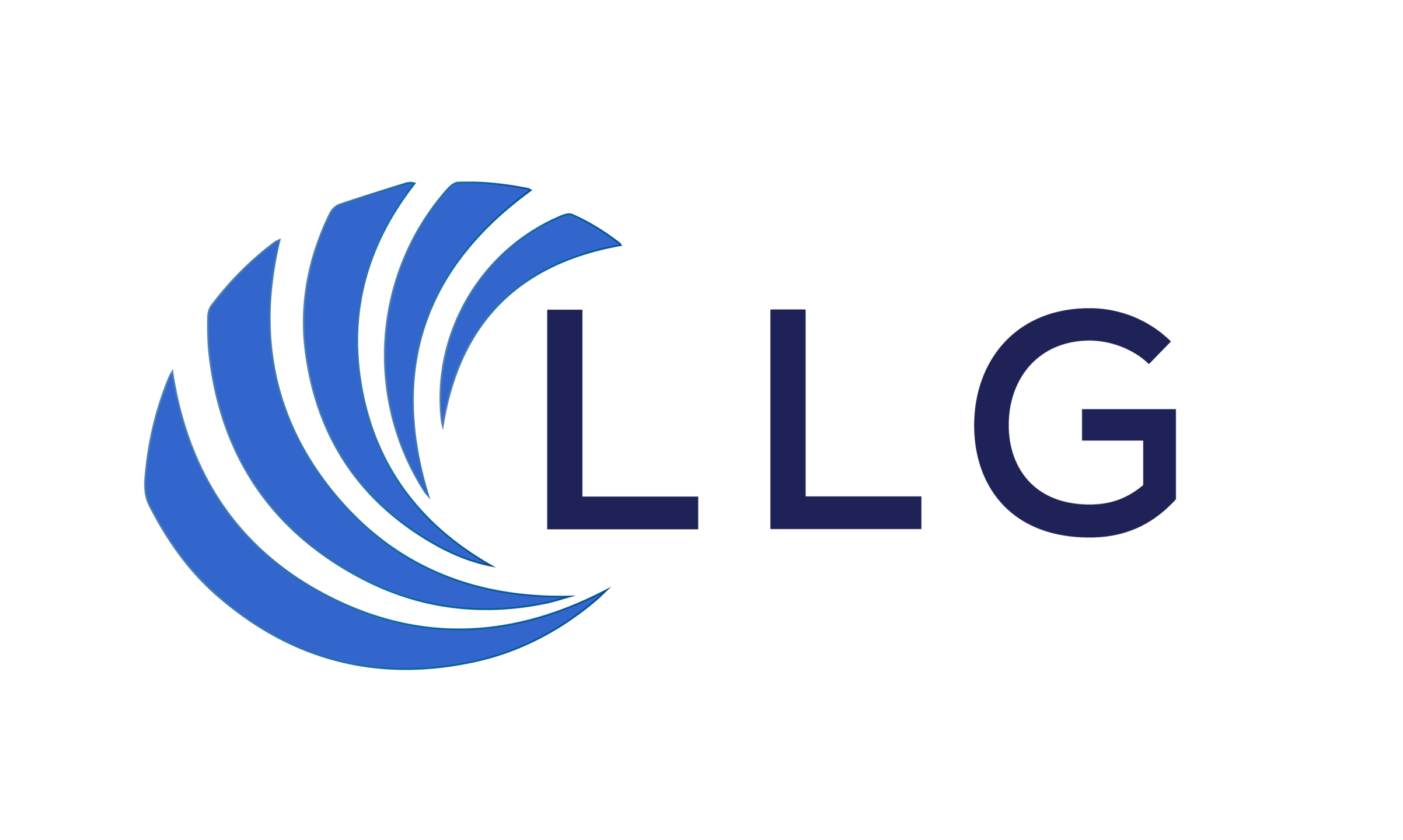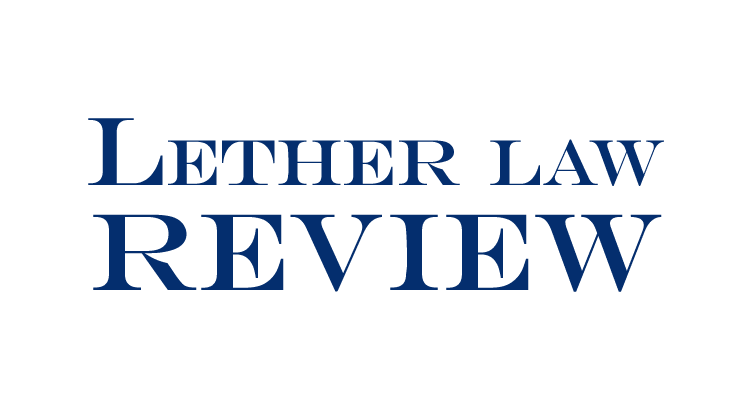The Petitioners argued that the order was invalid for a number of reasons including lack of constitutional authority. The Pennsylvania Supreme Court disagreed and found that the Governor did have authority for the Executive Order. In reaching its conclusion, the Court noted that the Governor had authority under the Pennsylvania Emergency Code to protect the public from natural disasters. Under the Emergency Code, the term “natural disaster” is defined to include catastrophes that result in “substantial damage to property, hardship, suffering or possible loss of life.” The Court held that the COVID-19 pandemic qualified as a “natural disaster” and fell within the same general class of disasters as the specifically enumerated “natural disasters” because they all involve “substantial damage to property, hardship, suffering or possible loss of life.”
The Friends of Devito Court went on to note that the Petitioners’ arguments ignored the nature of the virus including the way in which it is transmitted. Because the virus is transmitted by person-to-person contact, has an incubation period of up to fourteen days, can live on surfaces for several days, and carriers can be asymptomatic, the Court concluded that “any location (including Petitioners’ businesses) where two or more people can congregate is within the disaster area.” Thus, the Court rejected the argument that there had “been no disasters in the areas in which [the Petitioners’ businesses] are located.”
On the surface, both arguments are concerning for insurers faced with COVID-19 related Business Interruption claims. However, both arguments appear to conflate “loss of use of property” with “physical loss of” property. As such, they ignore the term “physical.” These types of arguments have already been rejected by several courts. These courts have held that the “physical loss” is not the same as “loss” in general because actual physical change to the condition of the insured property is required to qualify as “physical loss.” See, e.g., Ward Gen. Ins. Servs., Inc. v. Emp’rs Fire Ins. Co., 114 Cal. App. 4th 548, 556-57, 7 Cal. Rptr. 3d 844, 850-51 (2003); MRI Healthcare Ctr. of Glendale, Inc. v. State Farm Gen. Ins. Co., 187 Cal. App. 4th 766, 778-80, 115 Cal. Rptr. 3d 27, 37-38 (2010); Se. Mental Health Ctr., Inc. v. Pac. Ins. Co., 439 F. Supp. 2d 831, 837 (W.D. Tenn. 2006); and Phx. Ins. Co. v. Infogroup, Inc., 147 F. Supp. 3d 815, 825 (S.D. Iowa 2015).
While unpublished, a 2006 Washington State Court of Appeals case is instructive on the flaw in the newest COVID-19 arguments. In Washington Mutual Bank v. Commonwealth Ins. Co., the bank argued that “direct physical loss of” and “damage to” property have two separate meanings and were separated by the word “or”, such that the trial court erred in requiring actual physical damage to trigger coverage. The bank further argued that the term “loss” was broader than the term “physical damage.” The Washington State Court of Appeals rejected that argument and stated:
The language of this clause specifies that the loss must be “direct physical loss.” The clause does not use the word “loss” in the abstract. … When NWPT recommended evacuation, there was no actual physical loss to the property and no actual damage to the property. See Wolstein v. Yorkshire Ins. Co., 97 Wn. App. 201, 211-12, 985 P.2d 400 (1999) (noting that language in a similar “all risks” policy required the insured property to sustain actual damage or physical loss to invoke coverage).
Wash. Mut. Bank v. Commonwealth Ins. Co., No. 56396-3-I, 2006 Wash. App. LEXIS 1316, at *7-8 (Ct. App. June 26, 2006).
While the actual COVID-19 coverage arguments have largely yet to be formally briefed, it seems likely that courts across the country will continue to apply the well-settled rules of interpretation for insurance policies and apply meaning to each word used in a policy instead of rendering certain language superfluous. We at Lether Law Group will continue to monitor the COVID-19 arguments and cases as they develop.
Lether Law Group is already actively defending insurers in multiple class action lawsuits filed by policyholders seeking Business Interruption coverage. We are open and available to assist in the defense of any individual or class action lawsuits that may be brought seeking this coverage.
If you would like any assistance in navigating the coverage issues involved in COVID-19 related claims, please feel free to contact us for a free discussion regarding your issues and how we can be of assistance.

